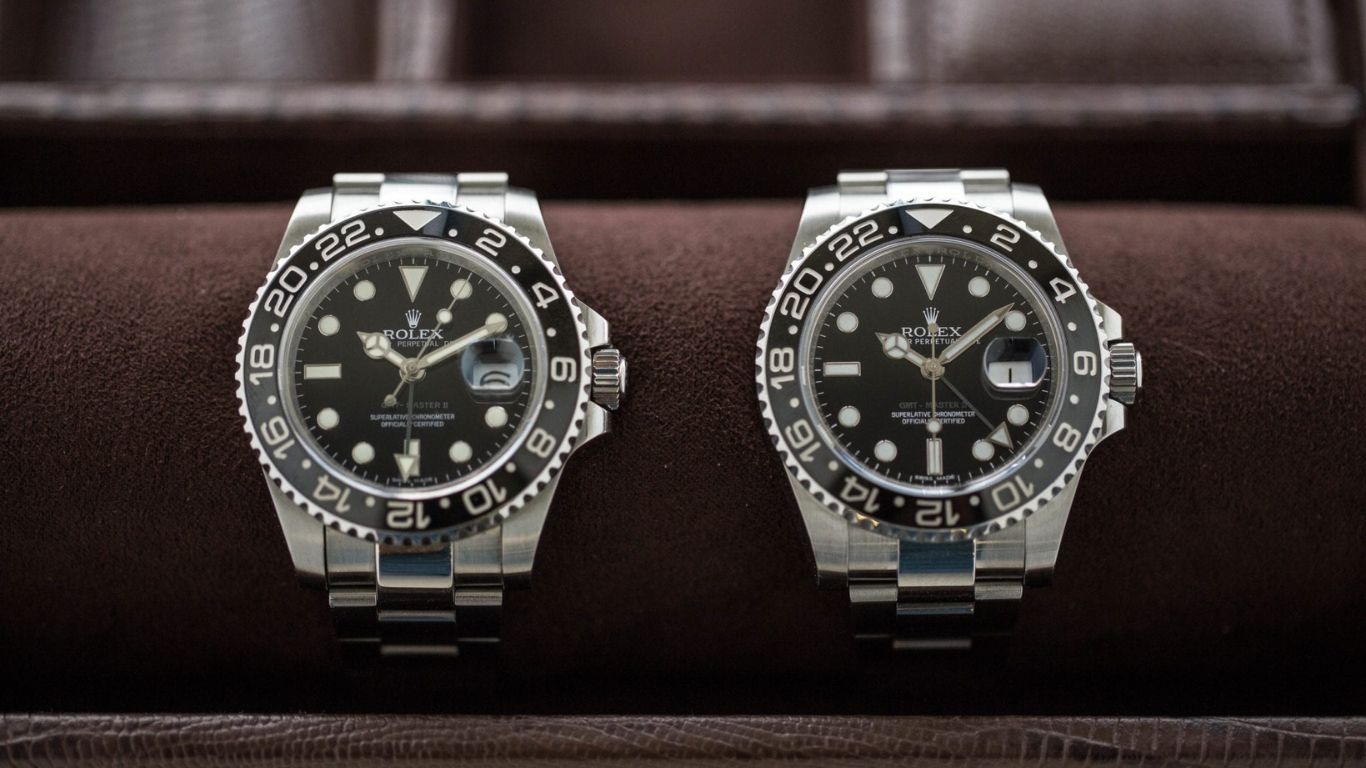Replica watches—imitations of luxury timepieces—have become a controversial yet increasingly popular niche in the global market. From stylish designs mimicking Rolex and Omega to ultra-high-quality “super clones,” replica watches appeal to a wide range of consumers Best replica watches. Some are lured by the look of luxury without the price tag, while others are unaware that their purchase contributes to a shadowy underworld of counterfeiting.
What Are Replica Watches?
Replica watches are copies of branded luxury watches, designed to look nearly identical to the original. They range in quality from cheap, mass-produced knockoffs to high-end versions made with similar materials and craftsmanship techniques. While they may appear authentic at a glance, replica watches are unauthorized and often violate intellectual property laws.
The Appeal of Replica Watches
There are several reasons people buy replica watches:
-
Affordability: A genuine Rolex Submariner can cost upwards of $10,000, while a replica may cost just a few hundred dollars.
-
Aesthetic Value: For some, the design and prestige of a luxury watch are more important than the brand’s authenticity.
-
Low Risk Perception: Some buyers see replicas as harmless, especially if worn personally and not sold under false pretenses.
Legal and Ethical Concerns
While owning a replica watch for personal use is not illegal in many countries, producing and selling them is typically against the law. Replica watches violate copyright, trademark, and patent laws, infringing on the rights of original manufacturers.
Furthermore, the replica watch industry has been linked to broader criminal enterprises. Law enforcement agencies have reported connections between counterfeiting operations and organized crime, including money laundering and exploitation of labor.
Quality and Longevity
The quality of replica watches varies widely. Some low-end versions use cheap materials that quickly degrade, while “super clones” can mimic the look and even some of the functions of authentic watches. However, even the best replicas often fail in the long run—mechanisms wear out faster, and the lack of quality control means they are more likely to malfunction.
The Impact on the Luxury Watch Market
While some argue that replicas can harm brand reputation, others believe the effect is minimal. Luxury brands cater to a specific clientele that values authenticity, heritage, and craftsmanship—qualities that replicas cannot fully replicate. Nonetheless, manufacturers invest heavily in anti-counterfeiting technologies, including unique serial numbers, micro-engraving, and blockchain-based authentication.
The Ethical Alternative: Homage Watches
For those who admire the look of iconic watches without supporting counterfeiting, “homage” watches offer a middle ground. These are legal timepieces inspired by luxury designs but do not carry fake branding or attempt to deceive consumers.
Conclusion
Replica watches may offer a tempting shortcut to the look of luxury, but they come with ethical, legal, and practical drawbacks. For watch enthusiasts who appreciate craftsmanship and brand integrity, genuine or homage watches remain the preferred path. As awareness grows, so too does the call for transparency and responsibility in the world of watch collecting.
